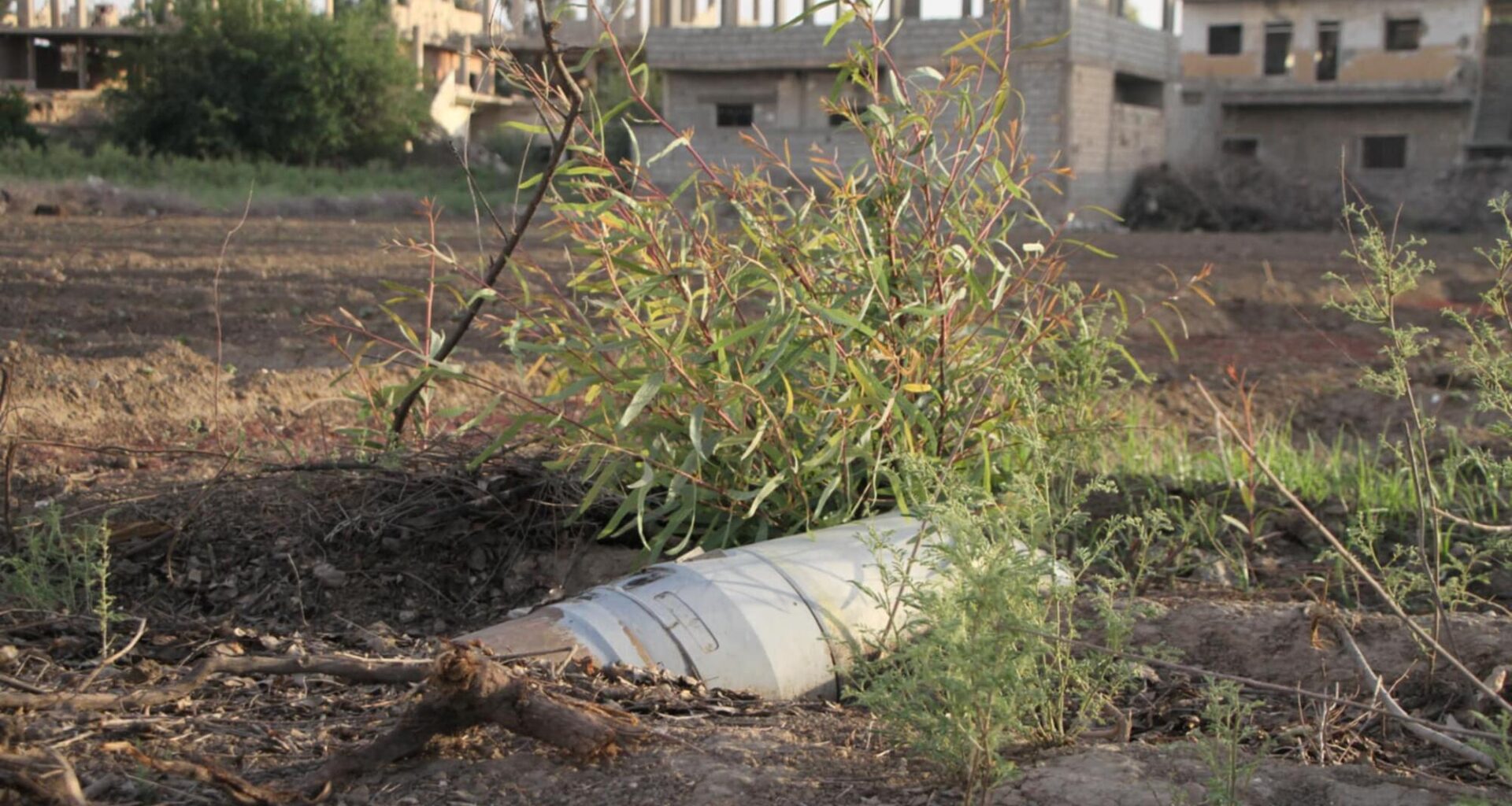Patients have reported severe challenges in accessing healthcare. Most are forced to rely on expensive private transportation due to an overstretched ambulance network; as a result, many patients from remote towns do not return for follow-up care. Others speak of the high cost of private care.
“We hurried Ali to a private clinic in Al-Mayadin, where we were required to pay an upfront fee of US$80 to initiate his treatment,” said Ali Abd Khalaf’s relatives. “Though it was a considerable amount, we paid it. Afterwards, we swiftly moved him to the hospital in Deir ez-Zor, where he received comprehensive medical care, free of charge.”
Urgent funding is needed to support mine action organisations, to scale-up explosive device and landmine clearance, and improve mapping of contaminated areas. This is essential for people to safely return, rebuild their lives, and recover from conflict.
We also urge the government of Syria, donors, and medical organisations to bolster emergency care capacity, referral systems, and blood banks. Supporting physical rehabilitation, mental health, and psychosocial services is crucial for helping survivors recover as fully as possible.
